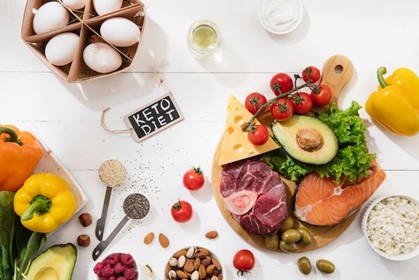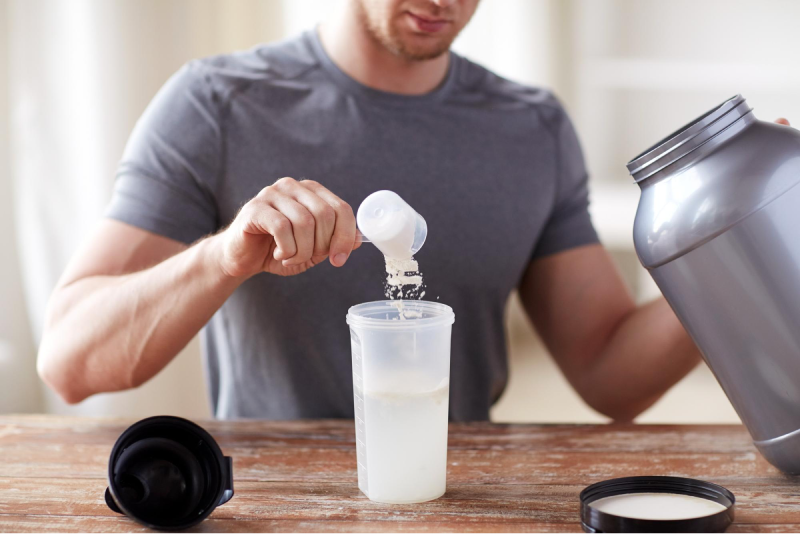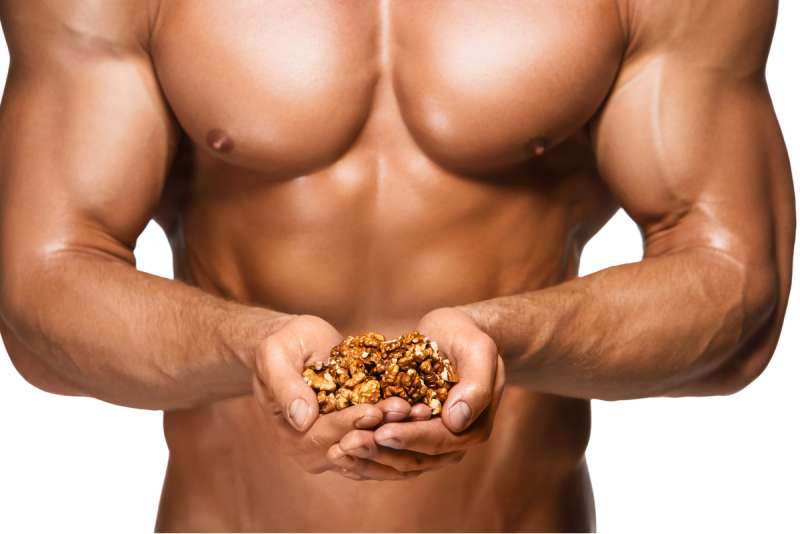A ketogenic diet is a strict low carb diet where most of your calories come from fats. The macronutrient distribution for this diet consists of 60 to 80% fats, 10 to 15% proteins and less than 10% carbohydrates. When most of your calories come from carbohydrates, your body converts them into glucose to produce energy, while fats are stored. However, when you are on a keto diet, your body detects low levelsof glucose which is insufficient to meet your body’s energy requirement. Hence, fats are converted into organic molecules called ketones in your liver to produce energy, and that’s it, your body is in ketosis! In other words, your body’s fuel switches to fat.
The transition from a normal to a restricted intake of carbohydrates can be very difficult at first as you can hardly eat sugar. You can even experience withdrawal symptoms but once your body becomes keto adapted, you will feel better and more energetic. Fat burning during ketosis is an efficient way to lose weight without starving yourself. Read the full article of Go-Keto here, to find out other health benefits of the keto diet. Go-keto is an online boutique which offers a variety of keto friendly foods and supplements that shall accompany you throughout our keto program.




